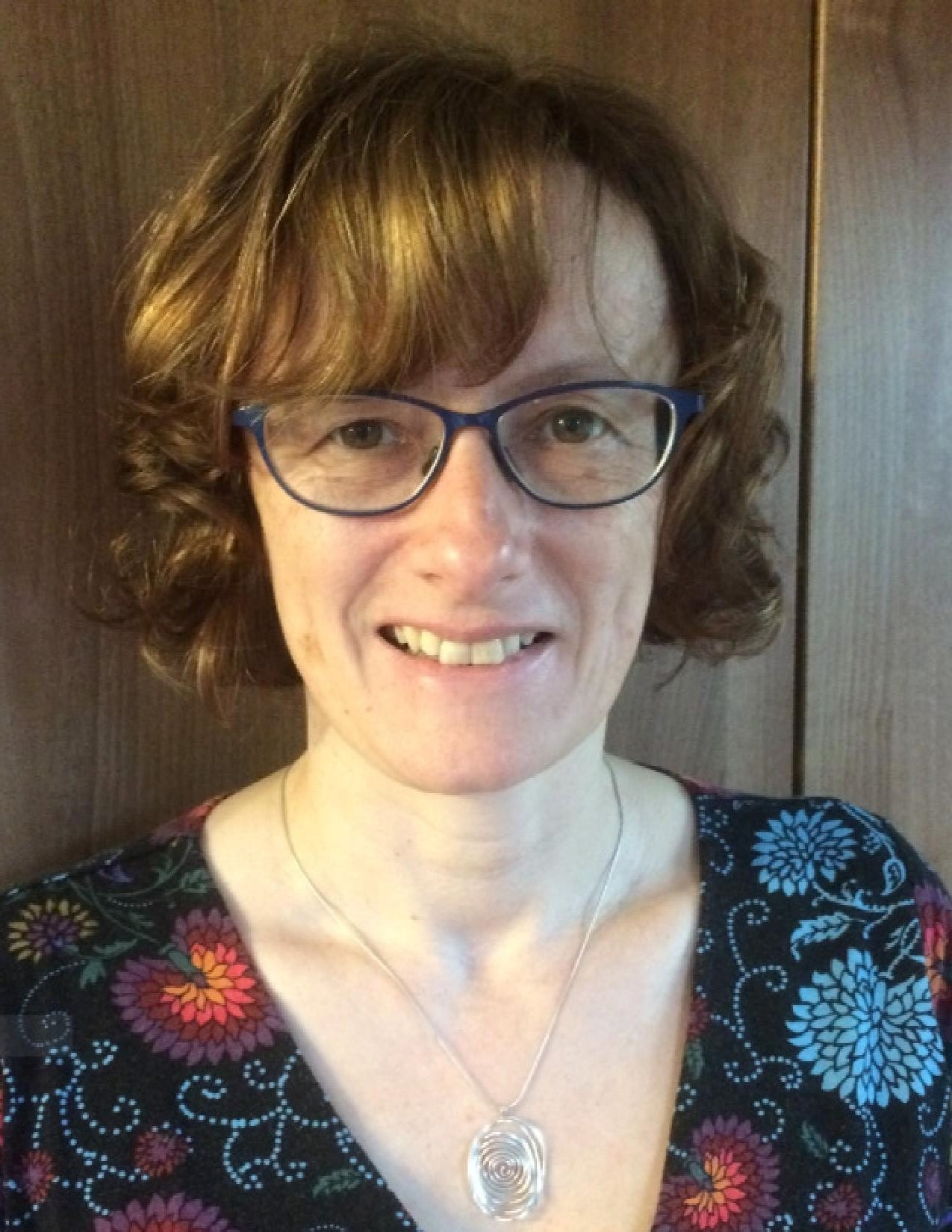

For International Women in Engineering Day 2021, we spoke to a number of selected women to learn more about their journey within the industry. Today, we speak to Julie Hunt BSc CEng CEnv MICE MCIHT, Associate Director of Highways, Jacobs and CIHT Cymru Wales Chair.
It was by accident. I was good at most subjects in school so it was hard to choose A-levels. I liked languages but I found out that at A-level you had to critique literature (uh!!) so I decided on double maths and physics A-levels. I only knew of three professions: medicine (too squeamish), teaching (not enough patience), so I was thinking about applying for accountancy at university. Then in lower sixth my physics teacher got a letter inviting one student to a week’s introduction to engineering at Cardiff University. The first student he asked wanted to be a vet. I was one of only two girls in a class of over 20 and in the early 1980s very few females studied engineering. So I’m eternally grateful that the next person he asked was me. The course gave a taste of several engineering disciplines. The civil engineering part was most interesting to me, as we visited a flyover being built and we went inside the structure. I started finding out more about civil engineering. l was lucky that the Thames Flood Barrier and Dinorwic Power Station mega-projects both opened in that year (1984) so had a lot of newspaper and TV coverage. I decided to apply for civil engineering courses at university.
I am a Chartered Engineer and Chartered Environmentalist and I work in highways. It is really rewarding to see projects being built or implemented, knowing that something I have worked on has improved people’s lives by reducing congestion and improving road safety. It is also good to work with people from different disciplines such as structural, geotechnical and water engineers, transport planners and environmental specialists. I also really enjoy mentoring colleagues to gain professional qualifications.
It is really rewarding to see projects being built or implemented, knowing that something I have worked on has improved people’s lives by reducing congestion and improving road safety.
My experiences are almost all positive. Early in my career it was quite normal to be the only female in a room at a meeting or event. It has its benefits – people tend to remember you! It probably helped that I love watching and playing sport, so finding some common interests with colleagues outside of work was easy.
The hardest challenge was continuing to progress my career whilst raising a young family. I overcame these by being organised, and finding practical solutions e.g. getting a folding bike so I could find somewhere to park and cycle the last few miles into work. We did not have family living locally, and my husband worked in manufacturing. So I avoided opportunities that required frequent travel, working away or relocating, but I’m happy with those choices. I have complete admiration for anyone who has been juggling work and home schooling during the Covid-19 restrictions. Flexible working arrangements have come a long way since I had my children, and even more so in the last 15 months.
Early in my career it was quite normal to be the only female in a room at a meeting or event.
On the current CIHT Cymru Wales committee we are about one third female. We want the committee to represent the diversity of our members, not just gender, so that we have a range of skills, experiences and views. I think CIHT is a very friendly institution, it understands that its committee members have jobs and families and other interests, so you can get involved without having to make a large time commitment.
Engineering is about harnessing resources and improving lives, so we want the industry to reflect society. We have a skills shortage, so we need more females to go into engineering.
I think CIHT is a very friendly institution, it understands that its committee members have jobs and families and other interests, so you can get involved without having to make a large time commitment.
I think these statistics are strongly influenced by how apprenticeships are viewed by parent and teachers: that they are only for less academic students. So we need to engage with not only students but their parents and teachers, to explain the benefits of apprenticeships, using our employees who have taken those routes as role models. We need children to hear about engineers at an early age, just as they would hear about doctors or teachers. I did not know what an engineer was until I was 17, by which time a lot of girls have dropped science or already chosen medicine or psychology.
Ole Kirk Christiansen, who founded the Lego company and developed the Lego brick. I love Lego and it’s great to use for Science, Technology, Engineering and Mathematics (STEM) activities.
We need children to hear about engineers at an early age, just as they would hear about doctors or teachers.
As most people don’t study engineering at school, how do you find out if it is for you? I would say ask any engineers you meet about what they do and ask to visit their workplace or get some work experience. If you don’t know anyone ask a science teacher or STEM leader to help you, and take part in STEM activities. Organisations like CIHT have great information on their website and there are loads of YouTube videos etc to inspire you. Go for academic and professional qualifications, as they give you recognition of your abilities and a foundation for your career.

The opinions expressed are those of the author. They do not purport to reflect the opinions or views of the CIHT or its members. Neither the CIHT nor any person acting on their behalf may be held responsible for the use which may be made of the information contained therein.